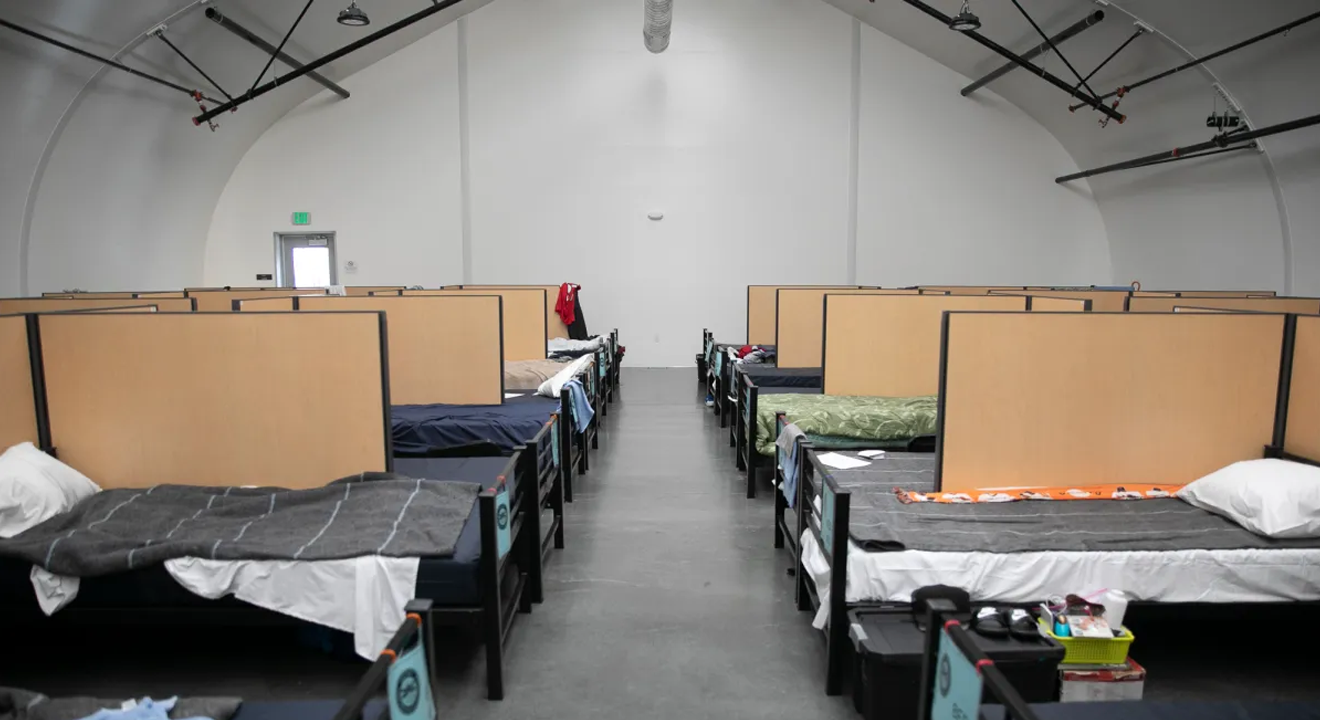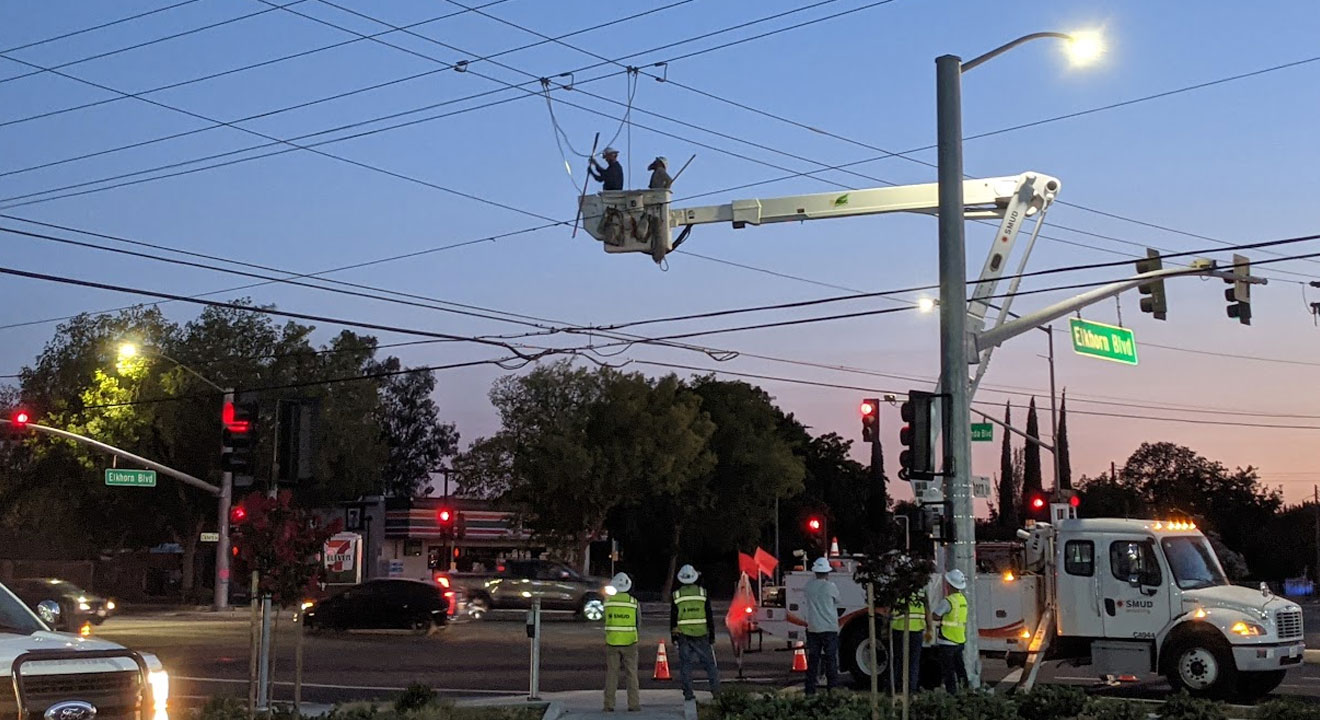
On Friday, August 25, the Sacramento County Department of Human Assistance, through the steadfast work of County staff and community partners, was able to close Project Roomkey (PRK) earlier than the originally anticipated October timeframe.
The end of Project Roomkey marks nearly 40 months of operation and is a testament to what the community can do in a time of great urgency.
During the ramp-down phase of the final PRK site, every participant was offered shelter or housing. The PRK participants who have been transitioned to shelter or are on a motel voucher will continue to work with County staff and Next Move on their path to rehousing.
PRK Ramp down support and transition stats
On May 1, 2023, there were 192 people still in PRK. On May 2, Next Move brought their rehousing team onsite to transition participants into housing.
The transitions for the 192 people are as follows:
- 42 in housing
- 7 in Behavioral Health interim or permanent housing
- 40 enrolled in County Scattered Site shelter
- 60 people placed with a motel voucher.
- For those vouchered
- 42% have housing lined up and are waiting on their unit to be ready
- 14% are working with BHS to transition into interim or permanent housing
- 10% have housing vouchers and are close to housing
- 30% are transitioning into the County Scattered Site Shelter
- 4% are working with other providers on next steps
- For those vouchered
- 13 self-exits
- 22 exits due to rule violations (violence, destruction of property)
- 8 exited due to long-term hospitalization or other institutions
Behavioral Health supports June – August 2023:
- 28 clients agreed to screenings for services
- 26 consented to referrals to mental health programs
- 6 into Community Outreach Recovery Empowerment (CORE) Program
- 20 into Full-Service Partnerships (FSPs)
The History of PRK
Sacramento County has been funding and operating PRK since April 2020 in response to the COVID-19 pandemic. The program started out as four motels with 522 prevention rooms and 41 medical isolation motel rooms and trailers. While in PRK, residents received three meals delivered to their door daily and were provided laundry services, transportation, and connections to community resources, public benefits and health providers.
By August 2020, it was clear that the sheltering model was transitioning into a longer term COVID-19 prevention approach, and the PRK team, inclusive of county staff from DHA and Behavioral Health, the City of Sacramento and Sacramento Steps Forward, incorporated new oversight measures that supported the rehousing of PRK participants.
While there were many partners, including other jurisdictions, PRK was initially funded primarily through CARES Act and Federal funding through FEMA. These funds were braided together to operate this program which, for the most part, went away with the end of the Public Health Emergency, leaving the County to fund the program solely with General Fund and the American Rescue Plan Act (ARPA).
In late May 2023, five rehousing navigators and one behavioral health representative, dedicated solely to participants in PRK, began meeting with clients to create a comprehensive rehousing plan for each participant, as well as assess behavioral health service and program needs. Rehousing navigators assessed client resources and housing needs and worked with each participant to offer options and a path to housing. Behavioral health staff screened willing and eligible clients and connected them to existing county programs.
As of August 30, 2023 County staff and community partners supporting the rehousing of PRK participants have directly housed 580 people in permanent housing and 892 people to safe, transitional locations – many of which eventually led to housing.
For more information of Sacramento County’s response to homelessness, visit the Department of Homeless Services and Housing website .
CONTACT INFO:
JANNA HAYNES, SACRAMENTO COUNTY PUBLIC INFORMATION OFFICE
Article Date: Wednesday, August 30, 2023














